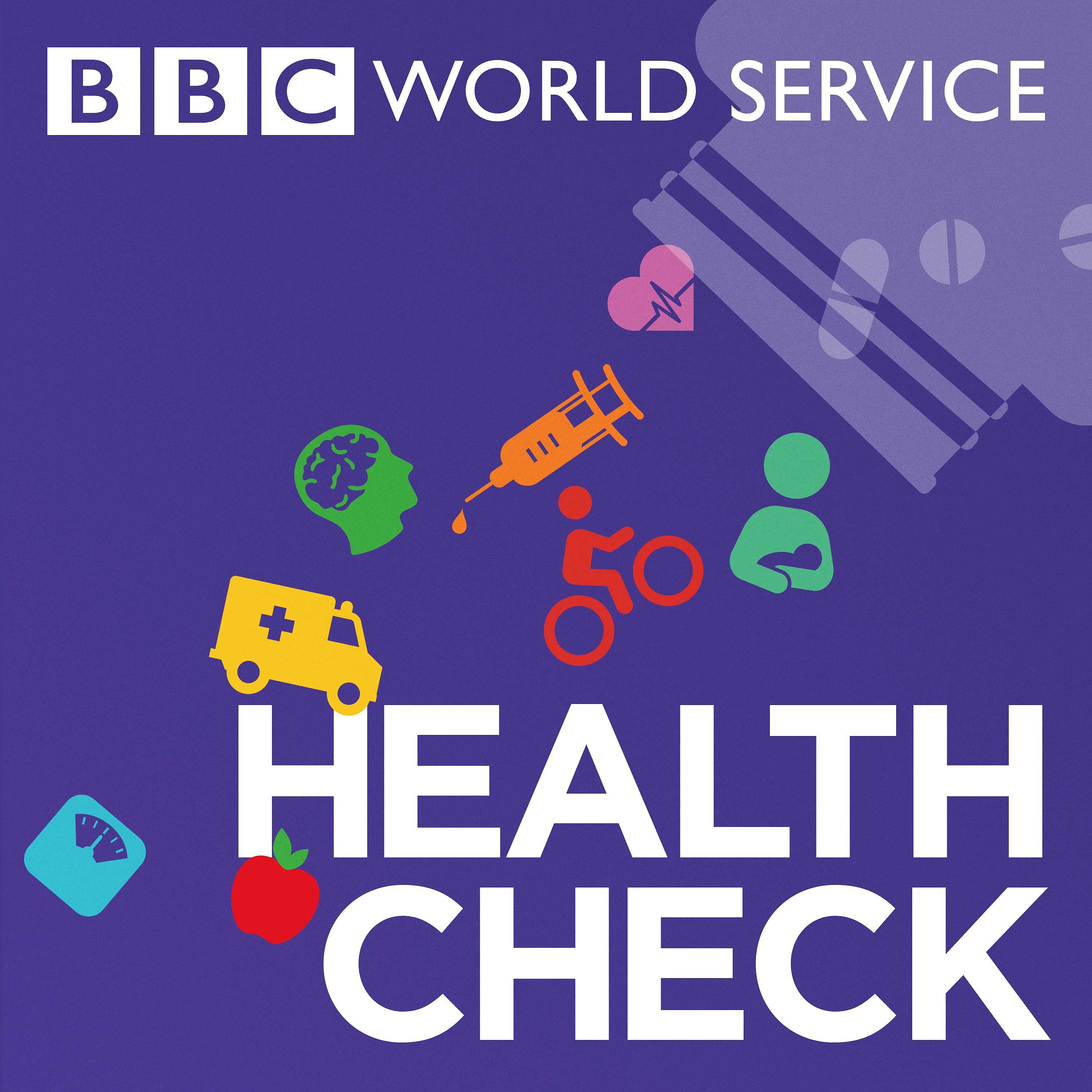- Health
- SEE MORE
- classical
- general
- talk
- News
- Family
- Bürgerfunk
- pop
- Islam
- soul
- jazz
- Comedy
- humor
- wissenschaft
- opera
- baroque
- gesellschaft
- theater
- Local
- alternative
- electro
- rock
- rap
- lifestyle
- Music
- como
- RNE
- ballads
- greek
- Buddhism
- deportes
- christian
- Technology
- piano
- djs
- Dance
- dutch
- flamenco
- social
- hope
- christian rock
- academia
- afrique
- Business
- musique
- ελληνική-μουσική
- religion
- World radio
- Zarzuela
- travel
- World
- NFL
- media
- Art
- public
- Sports
- Gospel
- st.
- baptist
- Leisure
- Kids & Family
- musical
- club
- Culture
- Health & Fitness
- True Crime
- Fiction
- children
- Society & Culture
- TV & Film
- gold
- kunst
- música
- gay
- Natural
- a
- francais
- bach
- economics
- kultur
- evangelical
- tech
- Opinion
- Government
- gaming
- College
- technik
- History
- Jesus
- radio
- movies
- services
- Church
- podcast
- Education
- international
- Transportation
- Other
- kids
- podcasts
- philadelphia
- Noticias
- love
- sport
- Salud
- film
- and
- 4chan
- Disco
- Stories
- fashion
- Arts
- interviews
- hardstyle
- entertainment
- humour
- medieval
- literature
- alma
- Cultura
- video
- TV
- Science
- en
Ambiguous loss: a different kind of grief

b'
Have you lost a loved one who is still a part of your life in some way? Did it leave you feeling confused or frozen about how to continue with life? Claudia Hammond examines the distressing phenomenon known as ambiguous loss \\u2013 the enormous challenge of dealing with a loss when you aren\\u2019t sure what has happened, leaving you searching for answers, unable to move on.
What has the pandemic done to our memories? Anecdotally many people report that they keep forgetting things which they are sure they would have remembered before. Psychologist Catherine Loveday of the University of Westminster examines the new emerging evidence.
Our brain is formed of two hemispheres and in most of us, the two halves are interconnected by millions of nerve fibres that form a large bridging structure called the corpus callosum. But some babies are born without a corpus callosum, linking the two sides. A quarter of these babies grow up with serious developmental difficulties and half have mild to moderate cognitive problems. But a quarter have no problems at all suggesting that somehow the brain is compensating for the low level of connectivity between the two hemispheres. New brain scanning research at the University of Geneva by Dr Vanessa Sifreddi has revealed how the brain does this.
Are you more open, less conscientious or more neurotic than you used to be? It used to be thought that personality was fixed in adulthood but it can and does change. Psychologist Eileen Graham has studied data from thousands of people and explains how and which traits are likely to increase or decrease.
Presenter: Claudia Hammond\\nProducer: Andrew Luck-Baker
(Picture: Vintage orange velvet armchair in a stylish, minimal domestic room. Photo credit: Catherine Falls Commercial/Getty Images.)
'